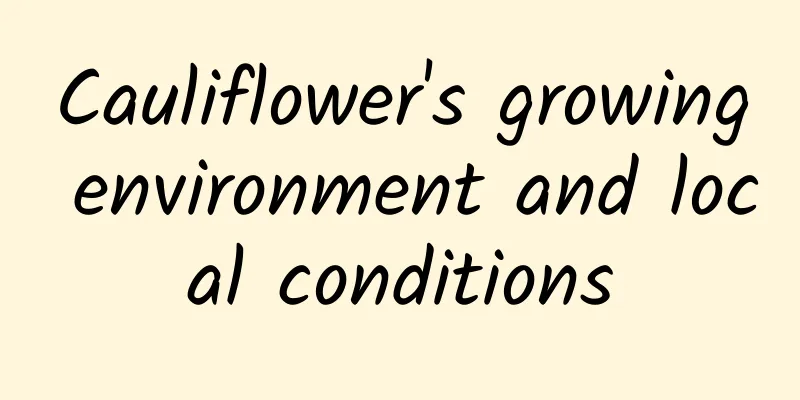Key points for cultivation of daylilies

Water and fertilizerThe water and fertilizer management of daylilies is very simple. Due to the long flowering period, in addition to applying sufficient base fertilizer at the end of the flowering period, top dressing is required two or three times during the flowering period. Mainly supplement with phosphorus and potassium fertilizers, and you can also spray 0.2% potassium dihydrogen phosphate to promote flower enlargement and extend the flowering period. At the same time, combine watering to promote more branches and early budding. Such lack of fertilizer and water will lead to a high bud drop rate and affect the amount of flowering. TilleringDaylilies have a strong tillering ability, so the plant spacing must be maintained at 30 cm * 40 cm when planting. After planting, inter-cultivation and weeding should be carried out in time during the seedling stage. During the seedling stage, tillage should be shallow rather than deep, and the tillage should become deeper as the age increases. The soil should be loosened shallowly before the spring seedlings emerge, and then shallowly weeded 3 or 4 times after emergence, which can achieve the dual purpose of weeding and drought prevention. Intertillage weeding should be done when the soil is moderate and can be stopped when the leaves cover the land. Remove weeds in the daylily field in time. If weeds are overgrown, they are likely to cause corresponding diseases and pests, which will affect the growth and appearance of daylilies. After flowering, cut the flower stems from the ground and remove the dead leaves at the base of the plants in time. Root systemThe biological characteristics of the root-shaped daylily are that it starts from the root system, grows roots from bottom to top, one layer per year, and moves upwards year by year. When daylilies enter the peak flowering period, the root system grows very well. Before the seedlings emerge, add soil to the top of the scattered beads cluster and cultivate it around the plants. Thickening the soil layer can improve the soil quality. Before the spring buds sprout, the soil from the top of the loose bead cluster is cultivated around the plants. Please note that this is only suitable for daylilies that have entered the peak flowering period. Young plants should not be cultivated. |
<<: What to do after the lotus seeds germinate
Recommend
I went back to the countryside and picked up a pig trough. My whole family opposed it, but it became beautiful after I planted flowers in it!
The stone trough turns into a flower pot! When I ...
How to cultivate Artemisia selengensis
1. Soil Artemisia selengensis is suitable for cul...
Cauliflower planting time and method
Cauliflower planting time Cauliflower is generall...
What to do if the peacock ball is overwatered
1. Stop watering Peacock balls do not need too mu...
Cucumber planting time and method
Cucumber generally refers to the tenderer cucumbe...
How many days does it take for beans to germinate? How to manage them after they have just emerged?
How long does it take for beans to germinate? It ...
What are the hazards of continuous cropping of vegetable crops (what crops cannot be cropped continuously)
The harm of continuous cropping Continuous croppi...
The efficacy and function of Japanese knotweed
1. Efficacy and function: 1.Disease effects: Peop...
Is ice water flower suitable for indoor cultivation? Can ice water flower be placed indoors? How to cultivate it?
Ice water flower is actually ice water flower. Th...
Advantages and Disadvantages of Orange Romance Rose
Orange Romance Rose is a cut rose variety from Ro...
Cotton growth conditions and characteristics in Xinjiang
Cotton growing conditions in Xinjiang Xinjiang co...
How to prune ginkgo bonsai
When to prune ginkgo Ginkgo bonsai is mainly prun...
How to prune pumpkins to get more fruits
Pumpkins grow relatively fast. When the pumpkin v...
25 common foliage plants, each of which is very good
ivy Pothos Chlorophytum Wedding Chlorophytum Prun...
When is the best time to plant saffron seeds?
Saffron Seed Planting Time Saffron is a perennial...









